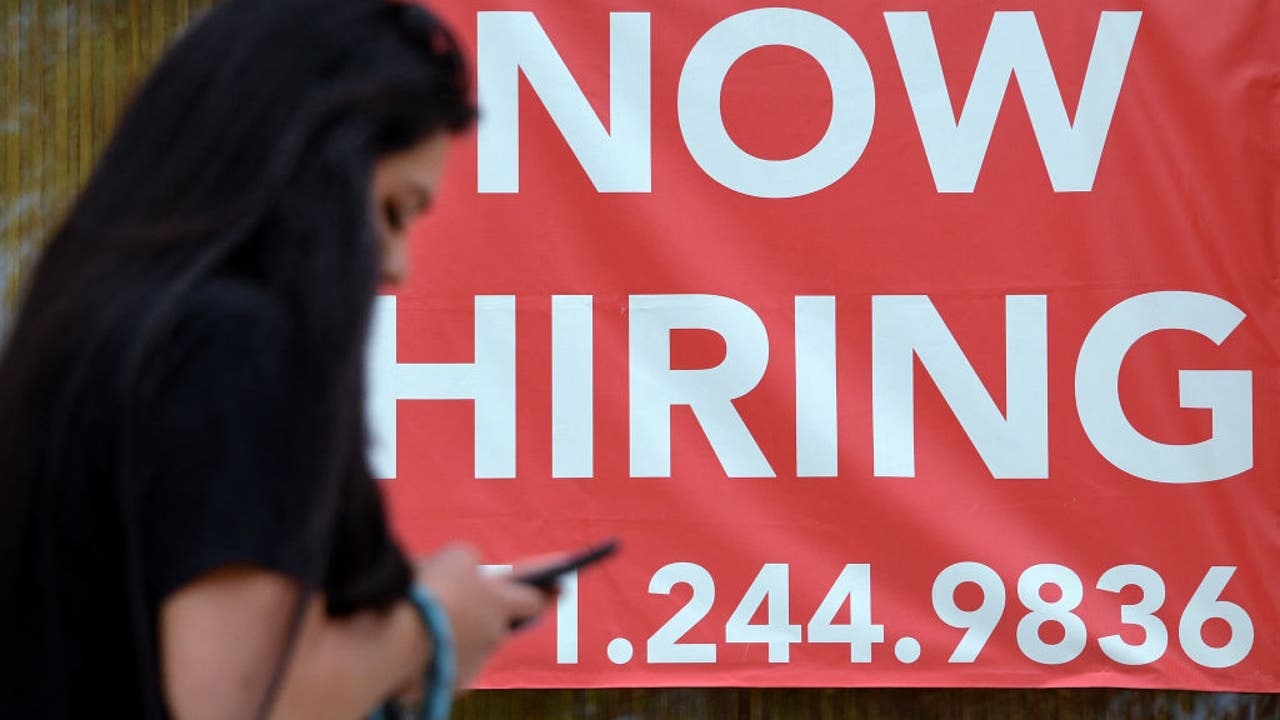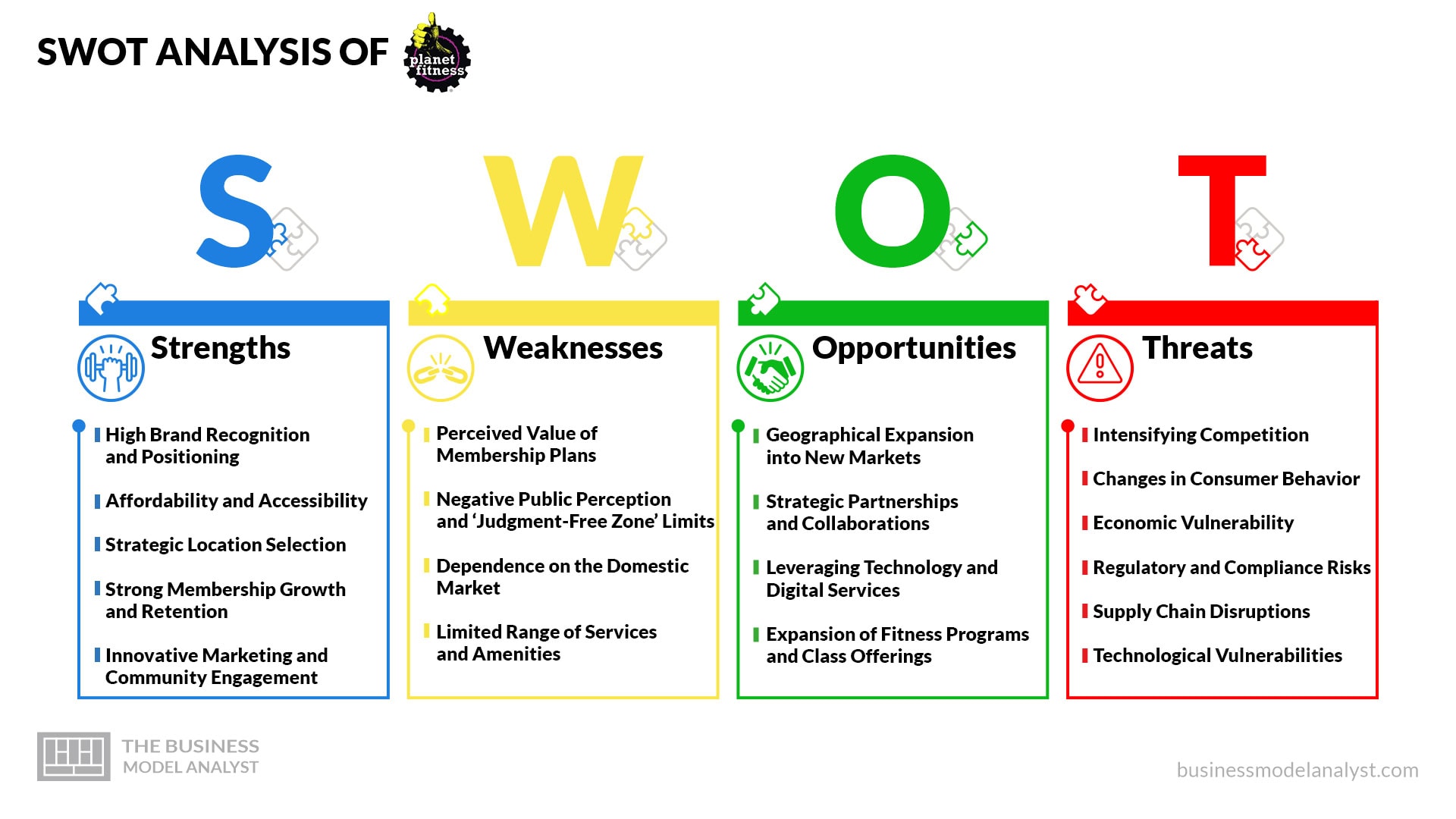Bussiness
Divided Americans Unite in Call for People-First Approach to Business | Sustainable Brands

In October, JUST Capital released its 8th annual Americans’ Views on
Business
Survey.
The results underscored the complex stakeholder landscape facing CEOs today
while providing a roadmap for corporations seeking to attain a leadership role
in society.
The findings resonate strongly with the sentiments that drove the results of the
November 2024 election: People in the US are concerned about their economic
wellbeing, how they are treated as consumers and being able to support their
families. And almost across the board, they call for increased corporate
transparency, accountability and leadership.
The report offers CEOs, boards and other business leaders a playbook for
understanding and addressing stakeholder demands in a hyper-divided world, and
provides examples of how to unlock competitive advantage through action.
Divided US public still unified on fundamental issues
JUST Capital’s annual rankings process
begins with small-group discussions with a diverse and representative mix of
3,000 US adults, to understand the actions and behaviors they expect from a
“just” business. This year, 17 key issues (Fig. 1, below) were uncovered — many of
which are consistently mentioned year after year.
The three highest-ranked issues are surprisingly consistent (Figure 2) cross
demographic groupings — including race/ethnicity, gender, income levels, age,
political ideologies and whether respondents are active investors — indicating
that the public is united across political ideologies around the issues they
want companies to prioritize.

Conceptually, Americans tend to agree on what they consider to be “just”
business behaviors: The public is unified in wanting companies to treat
their workers and customers with respect, humanity and fairness.
Of the 17 key issues evaluated, most of the top 10 are connected to how
companies act on basic worker- and customer-related factors. In addition, the
desire for integrity in business leadership rose significantly in ranked
importance. In contrast to four years ago, when CEOs were expected to take a
stance on hot-button social
issues,
the public says today’s leaders should direct their focus to core operational,
strategic and financial matters.
Moreover, deeds matter far more than words: The public is less interested in
hearing company commitments and targets than understanding how companies are
walking their talk on the issues of greatest importance.
Key findings include:
-
Fair, living wages continue to be the #1 issue year over year.
-
Worker wellbeing issues — ensuring a safe work environment, supporting
mental health issues, listening to workers, engaging them in the workplace —
also ranked highly across demographics, as did providing meaningful
benefits and supporting a good work-life balance. -
Ethical leadership rose 5 places to #2, presumably driven by a
widespread desire to rebuild trust between institutions and the people they
serve. “Conducts business ethically and honestly, and takes responsibility
for wrongdoings” comprises 10 percent of a company’s score in JUST
Capital’s 2025 Rankings. While ethics can be extremely subjective, there is
general agreement on the interpretation in a business context: Across
demographics, it means companies being open and honest about their
operations, honoring their commitments, not misleading people or covering up
unjust acts, and operating with a greater sense of corporate responsibility
and citizenship. -
Relatedly, communicating honestly and transparently rose 8 places to
#4. “Is honest and transparent in communications with customers about its
products, services and operations” rose from #12 last year to #4 this
year — highlighting increasing consumer understanding of
greenwashing;
many respondents describe this issue as fundamental to ethical
leadership. -
Fair pricing is an issue that emerged this year for the first time,
likely reflecting the effects of pandemic-related
inflation.
Respondents called for the price of a good or service to be in line with its
value and quality, and wariness around price gouging or excessive price
increases. “Offers quality products and/or services at a fair price”
debuted at #8 in overall priority this year. 79 percent of respondents agreed that “it is unjust for
corporations to increase profit margins by keeping consumer prices high even
as the cost of materials comes down” — signaling that high prices have been
a key pain point for US consumers over the past 18 months. -
The language may be different, but there is basic alignment. On issues
where opinions differed across political or other demographic groups — such
as fostering an inclusive workplace or environmental issues — there
was a surprising amount of alignment on these concepts, even though the
terminology different groups used to express these concepts differed. This
echoes recent
research
finding that post-election Americans still expect corporate leadership on
critical social issues including DEI and ESG (regardless of the
terms companies choose to use, to
avoid polarization). -
Likewise, environmental issues are on average prioritized lower than
Worker or Customer issues, even among the demographic groups who support
these issues the most (e.g. younger Americans, Democrats). Yet even among
groups where the idea of climate change is not universally accepted, there
is broad agreement that companies have a disproportionate influence on
the environment and, therefore, a responsibility to minimize negative
impact. -
A focus on the public’s priorities leads to long-term value. In the
eight years since it began fielding this research, JUST Capital
says
the public has not only consistently advocated for a shift away from
shareholder primacy toward a more
values-driven,
stakeholder-capitalist model of
business,
they’ve connected the dots between creating shared
value
and long-term revenue generation.
Overall, there is a tremendous opportunity for corporate America to take a
leadership role in tackling some of the country’s more intractable economic and
societal challenges — and to become a positive, unifying force by doing so.
A roadmap for corporate prioritization in a divided time
JUST Capital says the US public has yet again provided clear guidance on how
companies can rebuild their trust in business and markets as a force for good.
By recognizing and embracing the expectation to create value for all
stakeholders, businesses can lay the groundwork for sustained growth, innovation
and excellence. Companies benefit by gaining competitive
advantage,
and society benefits through scaled positive impacts.











